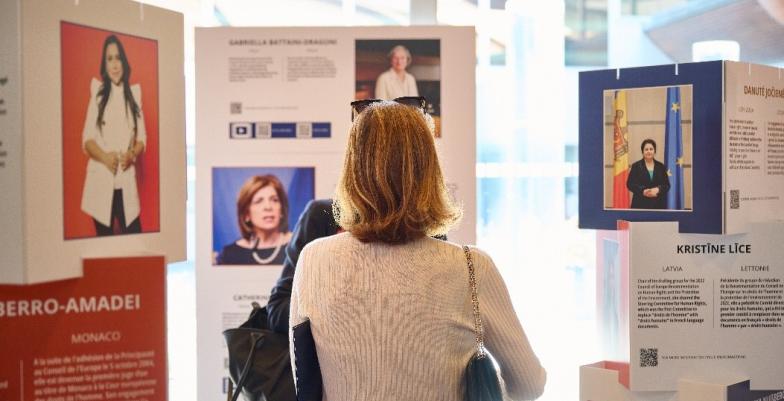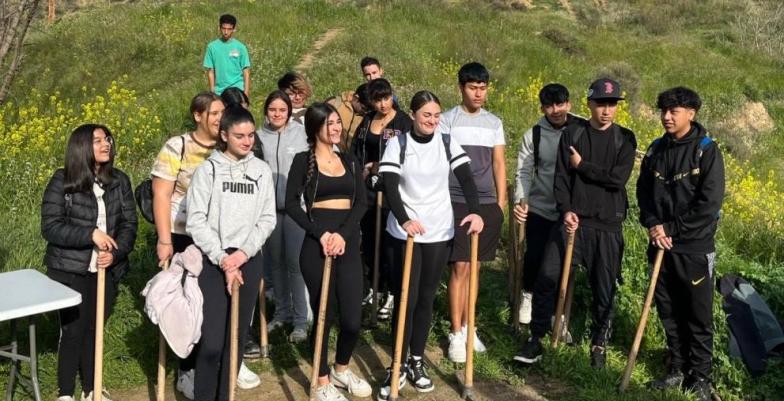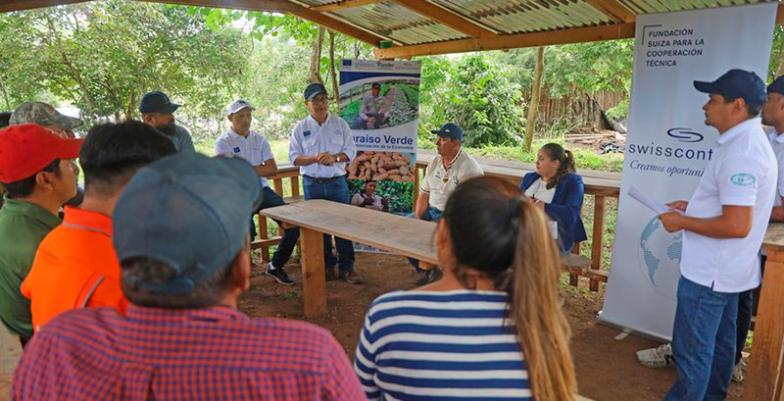Combatting Gender-based Violence
The EU is a global leader in the fight against gender-based violence. Violence against women and girls is a crime and it is also one of the most devastating human rights violations in the world. It is many times a life-threatening health issue, which is rooted in gender inequality, the abuse of power and harmful norms. Gender-based violence prevents women and girls from fully participating in society. It weakens the social fabric that binds families and communities together, preventing countries from achieving social stability and economic development.
EU action to combat violence against women
The scale of the problem remains alarming: one in three women worldwide have experienced physical and/or sexual intimate partner violence or non-partner sexual violence in their lifetime. Furthermore, one in three women in the EU aged 15 or over have experienced physical and/or sexual violence. Violence against women exists in every country, culture and community.
Change is possible, but it requires action, commitment and determination. The EU is committed to continue to work tirelessly with its partners to investigate and punish acts of violence, ensure support for victims, and at the same time to address the root causes and reinforce the legal framework. Our goal is very clear: to end all forms of violence against women and girls. We owe it to all the victims. The EU has a comprehensive set of rules to protect Victims' Rights
The Istanbul Convention
The Council of Europe's Istanbul Convention on preventing and combating violence against women and domestic violence, is a comprehensive and powerful legal instrument to prevent and combat gender-based and domestic violence and protect the victims.
The EU-UN Spotlight Initiative
The EU-UN Spotlight Initiative aims at eliminating all forms of violence against women and girls in partner countries in the broadest sense possible, covering physical, psychological, sexual, economic and other types of violence and discrimination, harmful practices and the exclusion that women suffer in the different areas of their private and public lives. It takes the form of a Multi-Donor Trust Fund managed by the UN.
The Initiative has a duration of 6 years from December 2017- December 2023. It is currently implemented through 34 different programmes, 26 country programmes, 6 regional programmes and 2 programmes with UN Trust Funds, which specifically work with grassroots’ organizations and women’s organisations. Civil society plays an essential role in the Initiative, not only as an implementing partner at country level but also at the different governance levels at country, regional and global levels in its advisor capacity.








